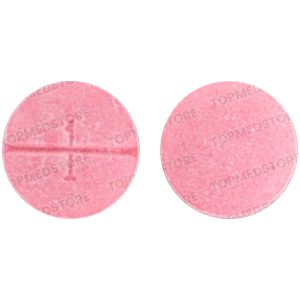Showing the single result
Warfarin is an anticoagulant that inhibits the regeneration of vitamin K1 epoxide and so the synthesis of vitamin K dependent clotting factors. This inhibition leads to a sequential depression of Factors VII, IX, X and II activities. Vitamin K is a necessary cofactor for the post ribosomal synthesis of the vitamin K dependent clotting factors. It promotes the biosynthesis of gamma-carboxyglutamic acid residues in these proteins which are essential for biological activity. This component is a commonly used oral anticoagulant with anti-vitamin K activity.
Class of Drugs – Anticoagulant
Molecular Formula – C19H16O4
Molecular Weight – 308.3 g/mol
Working: This given medication belongs to a class of drugs called anticoagulants. Warfarin is supposed to work by restricting the body from forming blood clots. This drug does this by blocking the formation of blood clotting factors, which are needed to make clots.
Uses: Mentioned medication is approved for the treatment of blood clots like in deep vein thrombosis-DVT or pulmonary embolus-PE and/or to prevent new clots from forming in the body. Preventing harmful blood clots helps to decrease the risk of a stroke or heart attack. Conditions that increase the risk of developing blood clots include a certain type of irregular heart rhythm or atrial fibrillation, heart valve replacement, recent heart attack, and certain surgeries.
It is commonly called a blood thinner, but it is an anticoagulant. This helps to keep blood flowing smoothly in the body by reducing the number of certain substances in the blood.
Popular Brands and Dosages: This medication is used as the main active component in a popular brand medicine as follows:
- Coumadin: 1 mg, 2 mg, 3 mg, 4 mg, 5 mg, and 10 mg
Other drugs can increase the risk of bleeding when used with warfarin. Consult the doctor if you’re taking other medicines.

